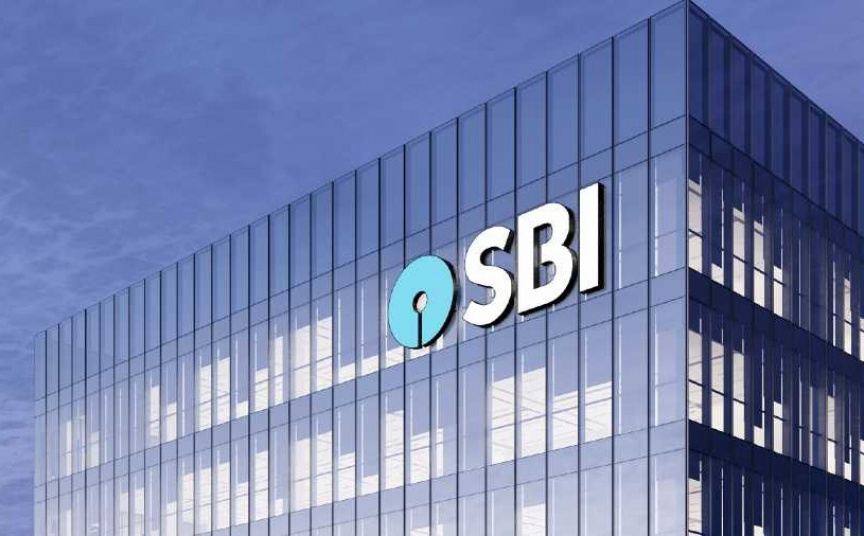
State Bank of India (SBI).
The State Bank of India (SBI) branch in the Male’ has raised the monthly remittance limit for Indian nationals working in the Maldivian education and health sectors to USD 300.
The SBI has notified its customers that the new limit will take effect on Wednesday.
Indian nationals had previously been able to send up to USD 700 to their families back in India each month.
But the bank, citing a low inflow of foreign exchange, dropped the monthly MVR-INR remittances limit to USD 150 in October.
The decision sparked concern from the thousands of Indian nationals who work in the Maldives.
In a pop-up announcement on SBI’s website on Tuesday, the bank announced that it is raising the USD remittance limit to USD 300 for professionals working in the education and health sectors.
However, the limit remains USD 150 for Indian nationals working in other sectors.
The SBI said that the increase in the limit was made possible because of the continued engagements and strong support from the Indian High Commission in Maldives, along with collective advocacy and collaborative efforts of all stakeholders, including the bank’s customers and partners.
“We will continue to monitor the situation closely and review these limits depending on improvements in forex inflows received by the bank,” said SBI.
“We sincerely thank all our customers and stakeholders for their patience, cooperation, and continued support during this critical period.”
The bank also requested for all Indian nationals to arrange for their salaries to be credited directly to their SBI accounts.
“Without these salary inflows, it will be difficult for us to represent the case for further increases in forex allocations going forward,” said the bank.
The SBI clarified that there are no changes to remittance limits for USD account holders.
The decision by the SBI to lower its remittance limits comes as the Maldives struggles under the weight of staggering external debt obligations, which has forced the central bank to tighten control over foreign exchange, including mandating that banks operating in the country to exchange 90 percent of the USD that goes into the banks with the Maldives Monetary Authority (MMA), a portion of which is sold back to banks.
The shortage of USD has pushed the exchange rate in the black market above MVR 20.